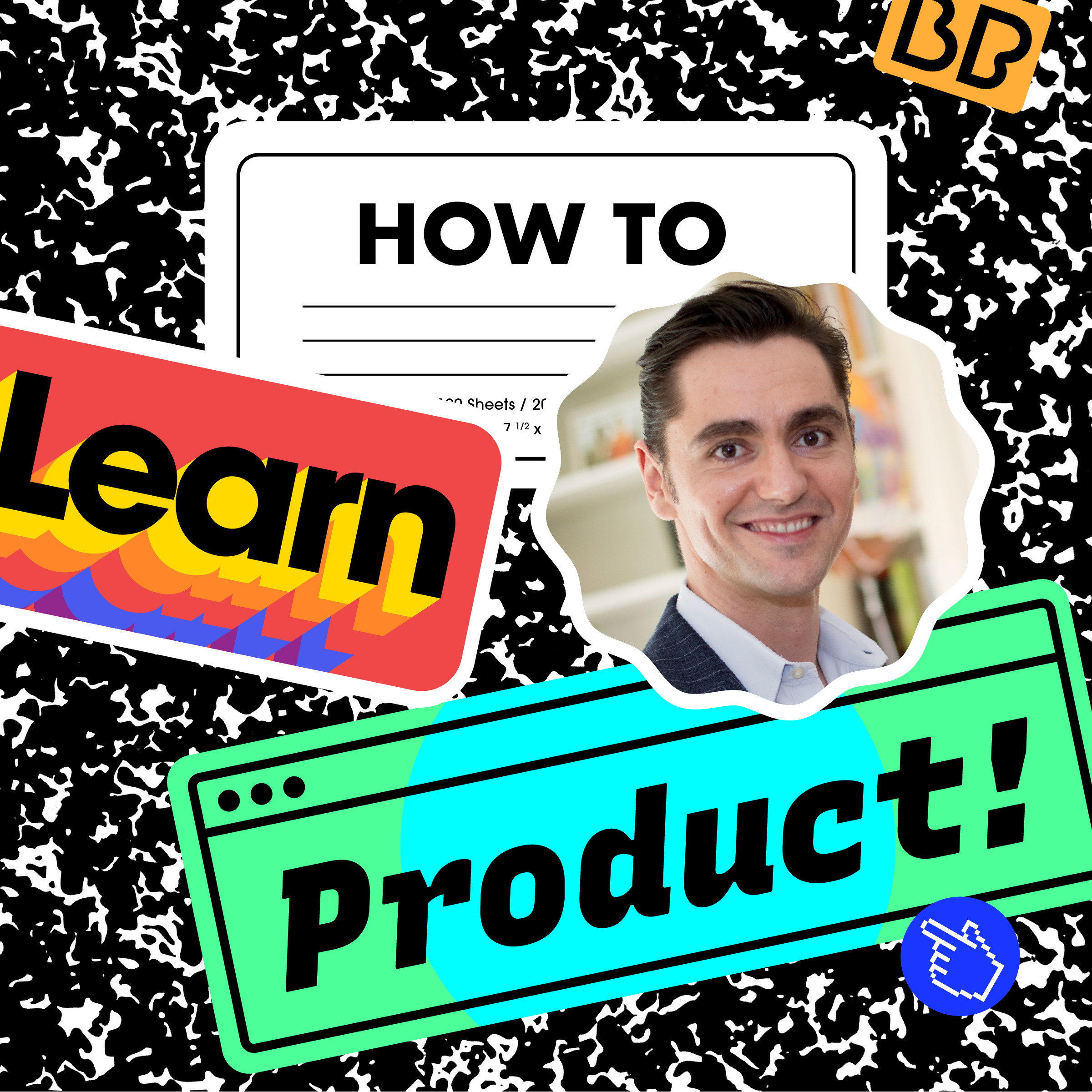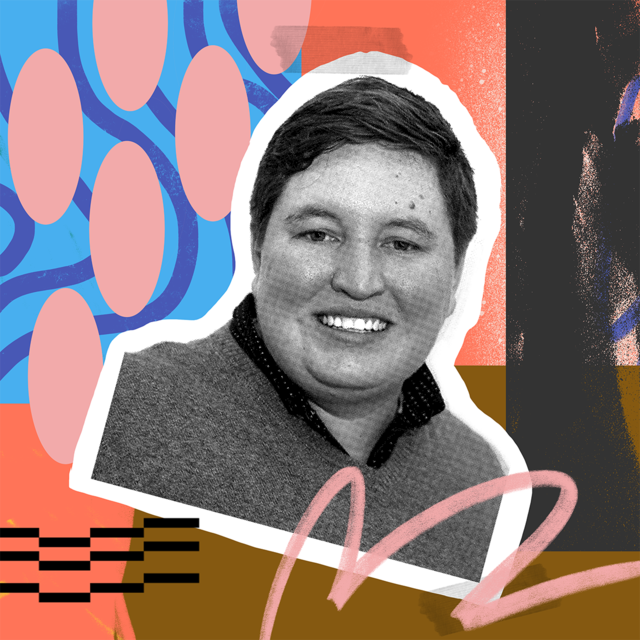
How to Learn Product: Three Skills Every Product Manager Needs with Carlos González

It seems natural to have Carlos González de Villaumbrosia, CEO of Product School, join the first episode of our series on how to “learn product.” Carlos is a pioneer in the product space, launching the first online school to teach how to become a product manager along with a curriculum around the discipline.
In our conversation with Carlos, he shares what the most important skills are for product managers. Having a career in product management is in high demand yet there is no roadmap for becoming a Product Manager. After today’s episode, you’ll learn the basics of this desired role while honing your abilities.
If you’re looking to connect with other product managers or product professionals in all stages, join the community: http://betterproduct.community/.



